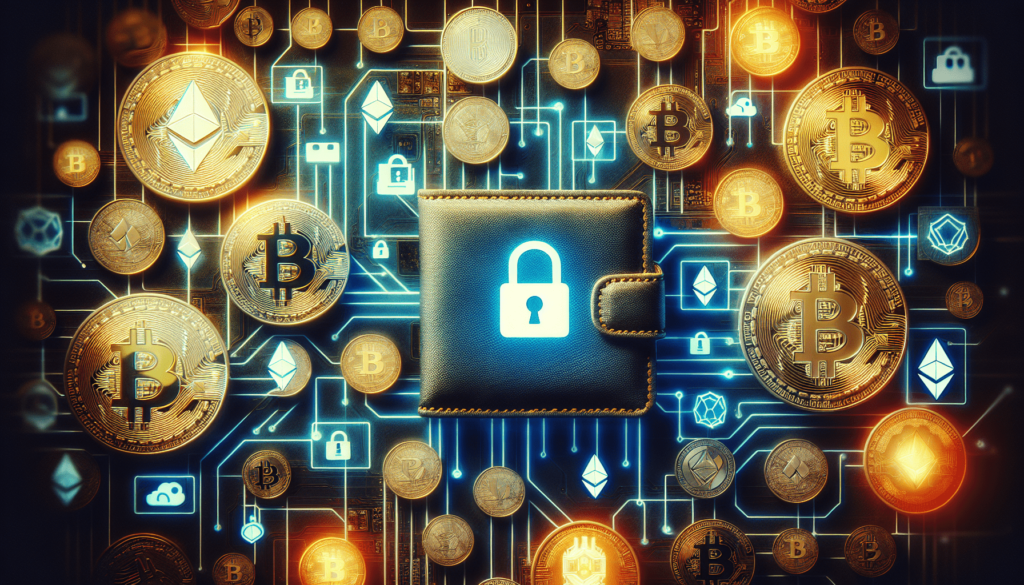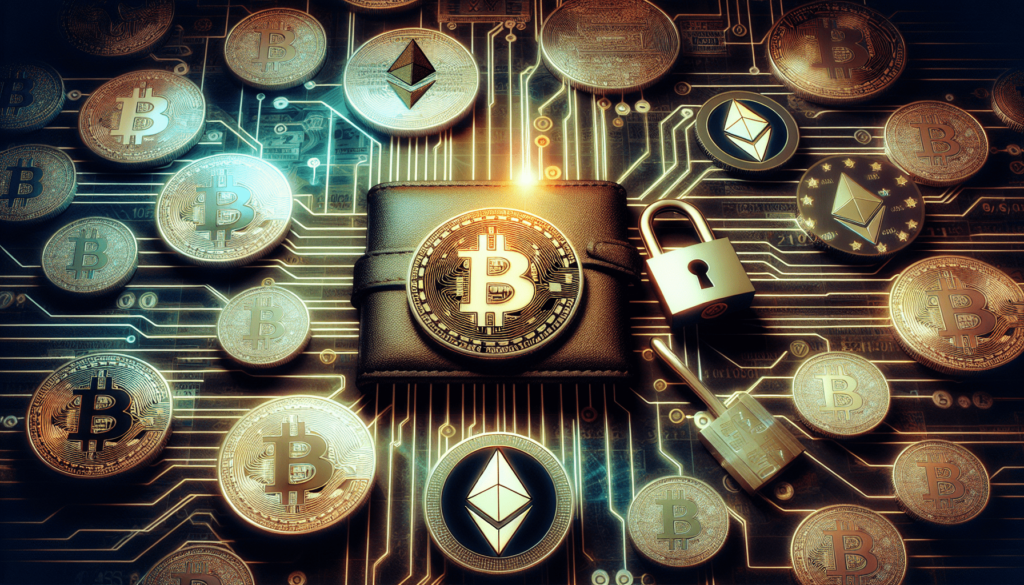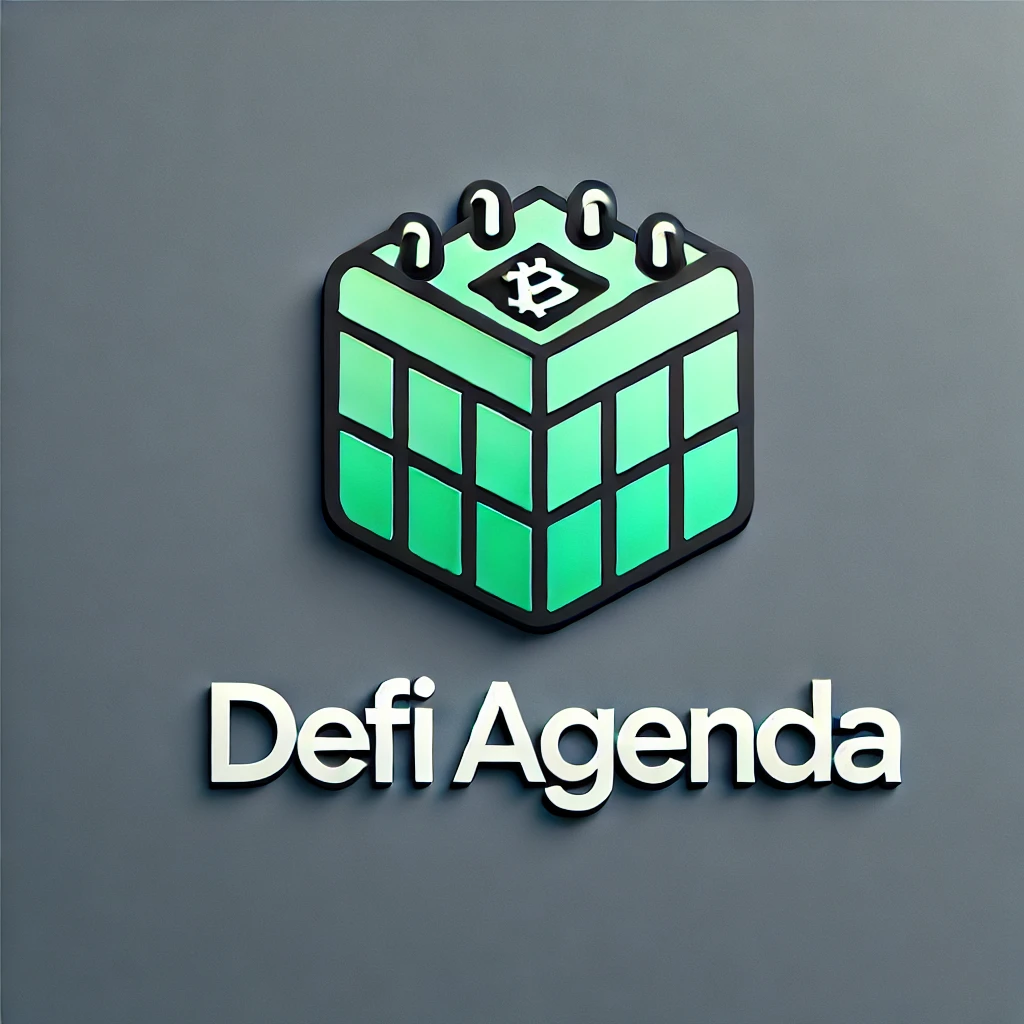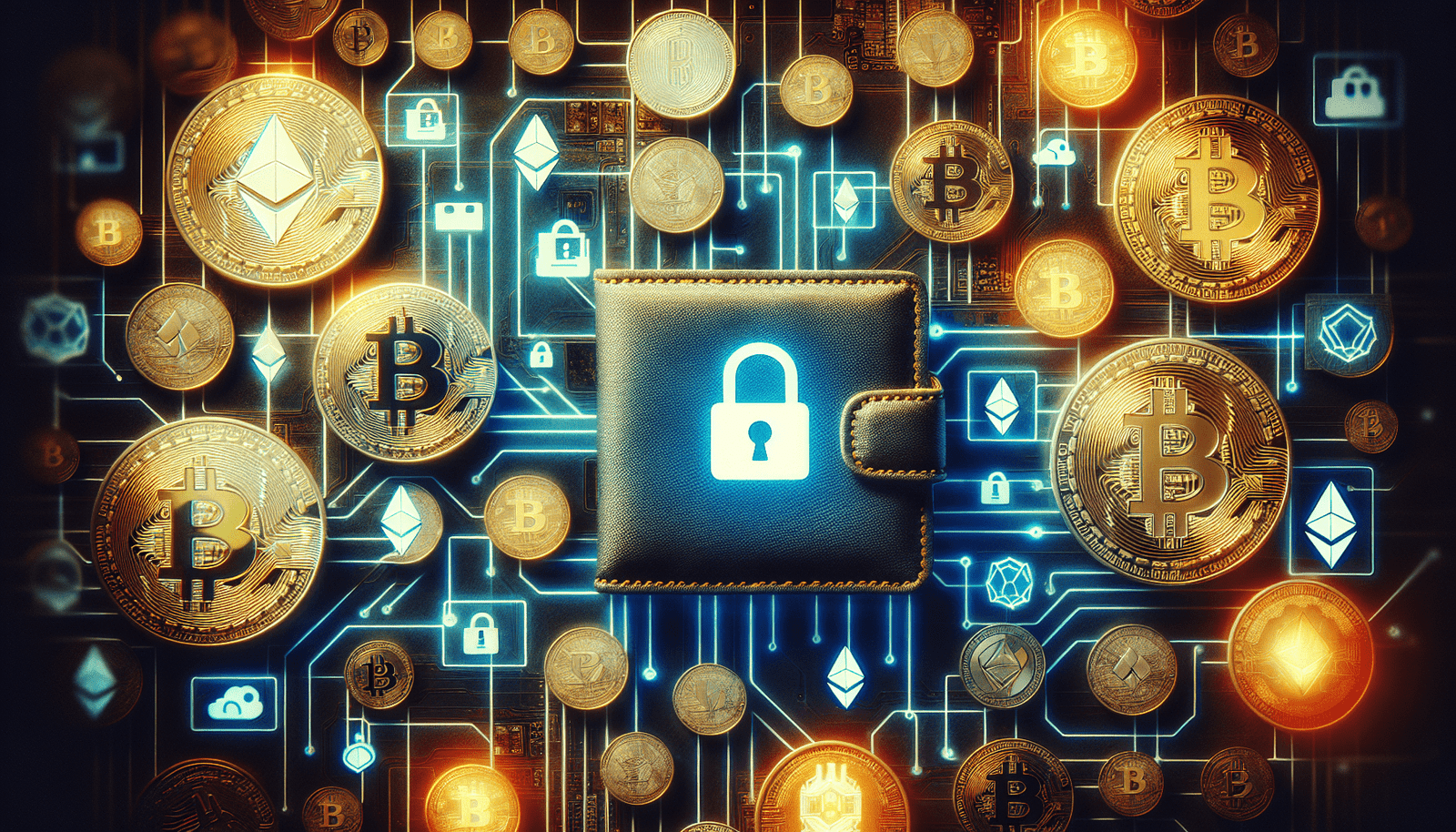Have you ever thought about the risks associated with decentralized exchanges and how you can protect yourself while trading? It’s a crucial topic to understand, especially as more people are turning to decentralized finance (DeFi) for their trading needs.
Understanding Decentralized Exchanges (DEXs)
Decentralized exchanges, or DEXs, allow users to trade cryptocurrencies directly with one another without the need for an intermediary. This provides a level of autonomy and security that many find appealing. However, with this freedom comes certain responsibilities and risks that you need to be aware of.
Advantages of Decentralized Exchanges
Before addressing the risks, it’s important to recognize why people gravitate towards DEXs. They offer several advantages:
- Control Over Funds: You maintain custody of your funds throughout the trading process.
- Privacy: Generally, you can trade without having to reveal personal information.
- Reduced Downtime: Unlike centralized exchanges, DEXs are rarely offline or undergoing maintenance.
- Access to New Tokens: DEXs often list a wider variety of tokens, including those that haven’t yet made it to centralized exchanges.
These various benefits make DEXs an attractive option for many traders, but understanding the associated risks is equally, if not more, important.
Common Risks Associated with Decentralized Exchanges
Understanding the risks will help you navigate the system more effectively. Here are some of the common challenges you might face as a trader on a DEX.
Smart Contract Vulnerabilities
Smart contracts are the core of decentralized exchanges. They automatically execute trades when conditions are met, but they are not immune to flaws.
- Bug Exploitation: Programmers may inadvertently include bugs in their code that can be exploited.
- Hacks and Attacks: If a malicious actor finds a vulnerability, they can drain funds from the smart contract.
To mitigate this risk, consider the following:
- Audit Reports: Always check if the DEX has undergone independent security audits.
- Development Team Transparency: Research the team behind the DEX to gauge their credibility and track record.
Market Risks
Unlike centralized exchanges, DEXs do not provide the same level of liquidity. This lack of liquidity can lead to:
- Slippage: When trading large amounts, you might end up with a less favorable rate than expected.
- Price Manipulation: Low liquidity can also allow for manipulation by small groups seeking to affect the price of a token.
To minimize market risks:
- Limit Orders: Use trading options that can set limits on how much slippage you’re willing to accept.
- Analyze Trading Volume: Look for DEXs that consistently have high trading volumes for the tokens you interest.
Regulatory Risks
The legal framework surrounding DEXs is still evolving. This can put users at risk in several ways:
- Lack of Consumer Protections: If something goes wrong, you might have no recourse for your funds.
- Legal Issues: Engaging with a DEX could expose you to regulatory scrutiny or legal consequences based on where you live.
You can help shield yourself from regulatory risks by keeping these guidelines in mind:
- Stay Informed: Regularly update yourself on laws and regulations affecting cryptocurrency in your region.
- Use Well-Known DEXs: Opt for decentralized exchanges that are recognized and have a reputation for compliance.
Liquidity and the Impact of Low Volume
Low liquidity can have critical impacts on your trading experience, making it harder to buy or sell assets without significantly affecting the price.
- Inability to Execute Trades: If a trading pair has little volume, you might struggle to make trades at desirable prices.
- Higher Risk: Your trades might attract significant slippage, costing more than anticipated.
To counteract these issues, you can:
- Monitor Liquidity Pools: Evaluate the volume of tokens you plan to trade to ensure there is adequate liquidity.
- Diversify Your Choices: Instead of sticking to one DEX, keep multiple trading venues in your toolkit.
Security Practices for Safe Trading
Being proactive about security practices can greatly enhance your safety while using decentralized exchanges. Here are some critical steps you can take to safeguard your trading experience.
Use Reputable Wallets
Your cryptocurrency wallet is your gateway to access decentralized exchanges, so make sure you choose wisely.
- Hardware Wallets: These are generally more secure compared to software wallets since they keep your private keys offline.
- Multi-Signature Wallets: Implement wallets that require multiple signatures before a transaction can be executed. This adds an additional layer of security.
Two-Factor Authentication (2FA)
While 2FA may not be applicable on all DEXs, it is vital for services that support it.
- SMS-based and App-based 2FA: Ensure that your account is securing your login attempts, providing an extra layer of verification.
Regularly Update and Monitor
Keeping your information and tools up-to-date is essential:
- Update Wallet Software: Regularly check for updates to your wallet software to patch any newly discovered vulnerabilities.
- Review Transactions: Frequently monitor your transaction history for any suspicious activities.
Practice Safe Trading Habits
Adopting safe trading habits can go a long way:
- Avoid Phishing Sites: Double-check website URLs before entering sensitive information.
- Withdraw Regularly: Transfer your assets off the exchange regularly rather than leaving them on the DEX.
Learning and Community Engagement
Engaging with the wider community will enhance your knowledge and help you avoid potential pitfalls.
Join Online Forums
Being active in online forums can be a goldmine of information. Look for platforms with active discussions about DEXs.
- Reddit, Discord, and Telegram: These platforms often have dedicated spaces for discussing decentralized trading, where you can ask questions and share experiences.
Follow Influencers and Educators
Many educators and influencers in the cryptocurrency space regularly share valuable insights.
- YouTube Channels and Blogs: Look for well-respected channels or blogs that offer tutorials, reviews, and market analyses.
Stay Updated with News
Keeping up with the latest developments in the crypto space helps you make informed decisions.
- Follow Reputable News Sources: Websites and blogs dedicated to cryptocurrency often highlight advancements, issues, and changes in regulations affecting DEXs.

Conclusion
Navigating decentralized exchanges can seem daunting at first, but by thoroughly understanding the risks and taking proactive measures, you can trade securely and effectively. Always remember that knowledge is power. Staying informed about the technological, regulatory, and security aspects will empower you to make sound choices that can significantly enhance your trading experience.
In summary, while decentralized exchanges offer many enticing benefits, awareness and preparation are key to successfully minimizing the potential risks. With this guide, you can be better equipped to engage with DEXs safely. Happy trading!


